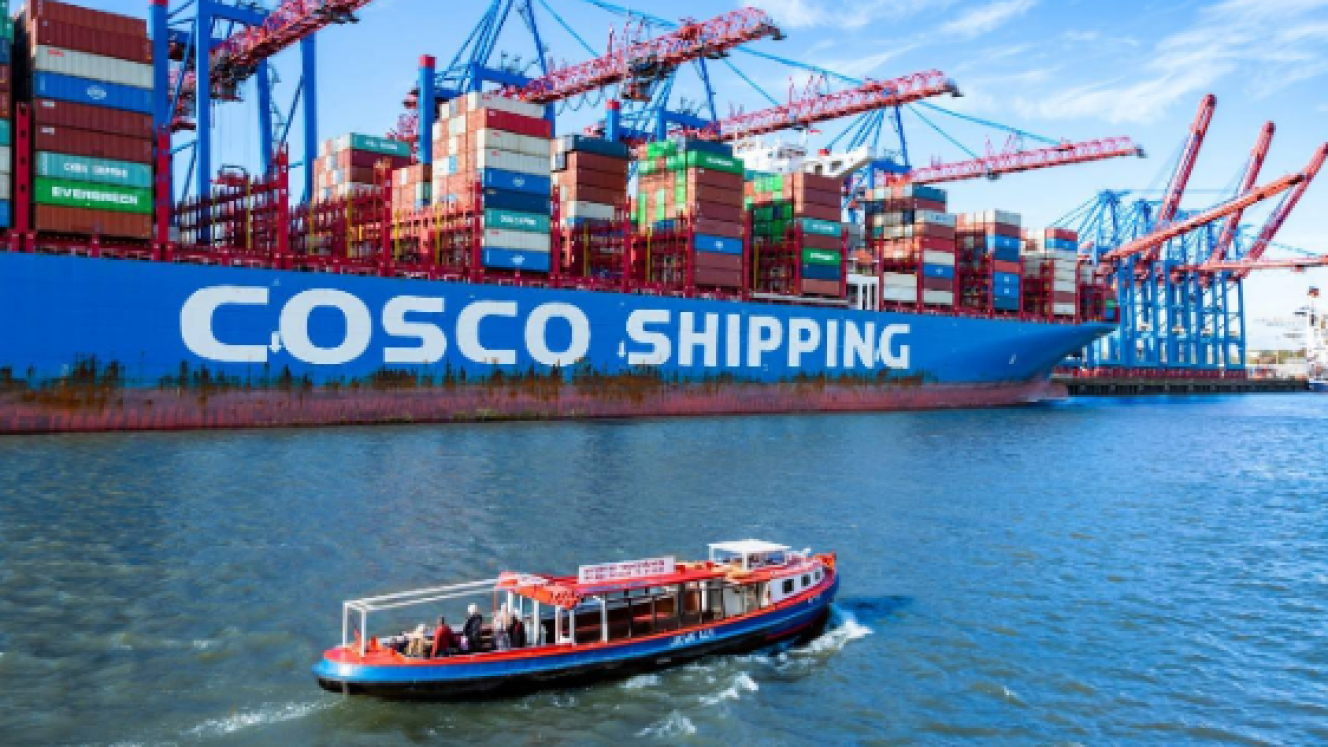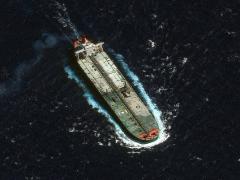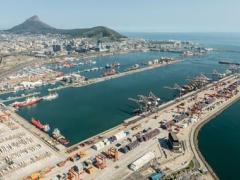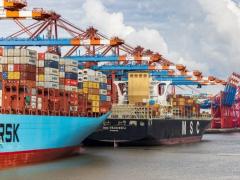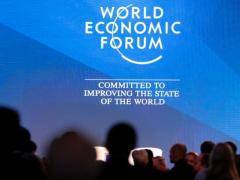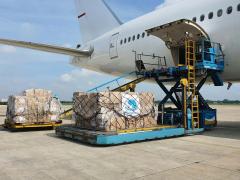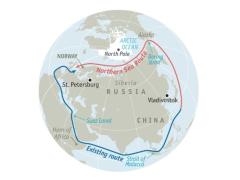China has called on developing countries to oppose a levy on shipping emissions and stronger targets for decarbonizing the sector, saying that wealthy nations have set "unrealistic" goals that carry a "significant" financial price tag.
According to a report yesterday in the Financial Times, the owner of the world's largest shipping company by tonnage, Cosco, and the world's biggest shipbuilder, China State Shipbuilding Corporation (CSSC), sent an unconfirmed "diplomatic note" to developing countries ahead of this month's meeting of the UN's International Maritime Organization.
The Cosco-CSSC development comes days after France got 22 allies to support a shipping emissions levy.
In the note, which the publication claimed to have seen, China warned that "an overly ambitious emission reduction target will seriously impede the sustainable development of international shipping, significantly increase the cost of the supply chain, and will adversely impede the recovery of the global economy."
"Developed countries are pushing the IMO to reach unrealistic visions and levels of ambition. (They are advocating) a flat (levy that) will lead to a significant increase in maritime transport costs."
Chinese foreign ministry spokesman Wang Wenbin would not confirm nor deny the memo's authenticity during a press briefing on Monday.
"China highly values and actively supports (the) IMO's efforts to address climate change," Wenbin said.
"China believes that in carrying out relevant work, the IMO should follow the principle of common but differentiated responsibilities, take into consideration different national conditions, accommodate the legitimate concerns of developing countries, and promote the formulation of a fair and practical greenhouse gas (GHG) emission reduction strategy and relevant measures for the international shipping industry," he said.
The IMO has committed to halving annual shipping emissions from 2008 levels by 2050.
China has opposed setting 2050 as the year to achieve net-zero emissions, preferring a goal to achieve "net-zero GHG emissions from international shipping around mid-century."
South Africa, Brazil, and Argentina have also opposed the levy on shipping emissions, due to concerns that it will raise commodity export costs.
